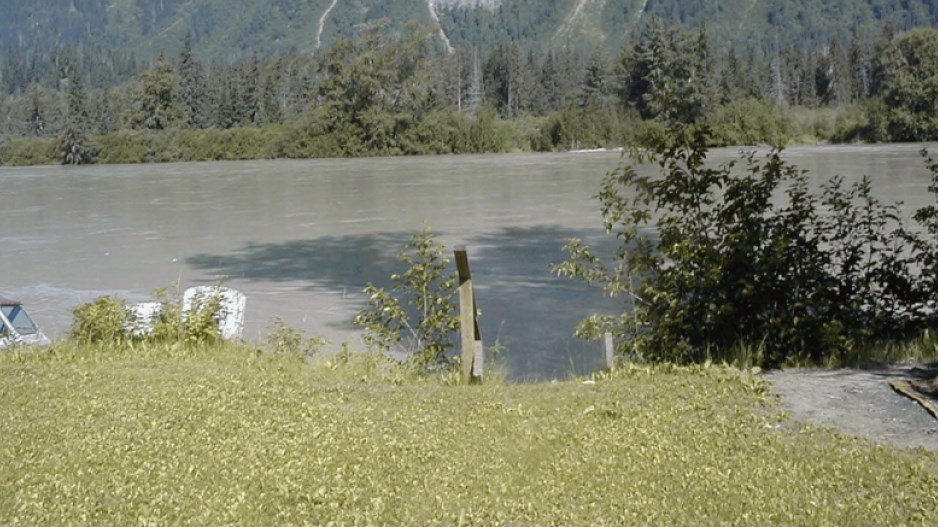The province breached its duty to consult with a northern British Columbia first nation on a mine in their traditional territory, a B.C. Supreme Court judge has ruled.
Justice George Macintosh also criticized the Ministry of the Environment’s determination that the Chieftain Mine in northwestern B.C. had been “substantially started.”
The company had until December 2012 to start its project before its environmental assessment certificate expired. But in April 2012, the company requested a determination that the project had been started. B.C.’s environmental assessment office approved the request but did not notify the Taku River Tlingit.
B.C.’s Ministry of the Environment must now make its decision again.
The Taku River Tlingit have a government-to-government agreement with the province, signed in 2011, which sets out a decision-making framework for projects located on the nation’s traditional territory.
“Although both governments have benefited in some ways from this agreement, there's been no improvement in our working relationship with the Environmental Assessment Office," said John D. Ward, a spokesman for the Taku River Tlingit, in a statement.
"We are pleased that the Court recognized we were not consulted, accommodated or even notified about the Environmental Assessment Office's determination that the project had been substantially started which, in accordance with their legislation, meant the company could proceed in perpetuity."
The ruling is not directly connected to a recent Supreme Court of Canada ruling on a case involving the Tsilquot’in Nation, said Christensen. That ruling requires land users to get the consent of the Tsilquot’in before proceeding. It has been viewed as a precedent that will substantially change the way resource companies operate in B.C. and across Canada.




